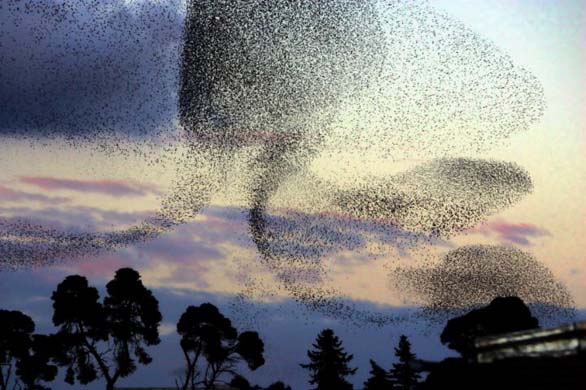"... the behaviour of an organised system, the action of an organism, or human activity cannot be explained in terms of causal energy transmission alone... information rather than causality describes processes in, or between organised systems. The most general model of a natural process on which scientific explanation may be based is no longer the movement of a particle under the action of a force, but the storage (or organisation) and the transmission of information within a system." (Ernest Hutten)
It occurred to me that all the particles and the objects that scientists are investigating on are no different from human beings --- all have the free will. A force acting on an object is similar to a command given to a person; both are forms of information. Just as the person has the choice to act otherwise, the object also has the "freedom" to "ignore" or even "counteract" the effect of the force. There is no certainty; everything is a matter of probability. This may also explain the reason why particles on microscopic level are unpredictable in terms of their motion and position.
In social sciences, the behaviour of an individual is unpredictable, but "the law of large numbers" helps social scientists to make reliable predictions about the behaviour of a group of people. Likewise, in natural sciences, modern physics manifests to us the uncertainty in the microscopic world, but classical physics still plays an indispensable role in predicting the motion and position of "big objects". (as a layman, I can only use layman terms lol.) So, what's the difference between social sciences and natural sciences? As human beings, our definition of "society" consists of interpersonal relationships and blah blah... We consider the rest of the world as nature. Perhaps, from a flower's point of view, "society" is about "interflowery relationship" (脑洞呀) and human beings are just part of the nature.
Nothing is certain cos everything has a mind and a heart.


I doubt so. If consciousness is only possible when a large number of particles interact, then I would not consider a particle as having free will. There is too much debate on how consciousness come about. It was after reading your article that I started to think that perhaps consciousness is nothing more than a phenomenon. No causality, no motive behind, no nothing. Perhaps, if we are to generalize this hypothesis, then any system that consists of adequate amount of individuals is capable of displaying consciousness and the so called free will.